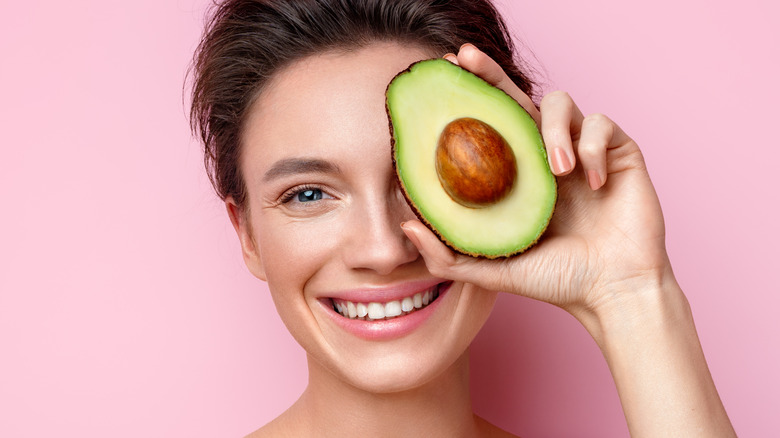How Diet Affects Your Skin Health
GlowWithParul – The Best Skin Care for Aging Skin As we age, our skin begins to show visible signs of time — fine lines, wrinkles, dryness, and loss of elasticity. But with the right approach, it’s possible to slow these changes and keep your skin glowing. At GlowWithParul, we believe in combining expert knowledge and real experience to help you discover the best skin care for aging skin. The Connection Between Diet and Skin Your skin is the largest organ of your body, and just like your heart or liver, it needs proper nutrition to function well. The foods you consume can: Improves hydration and elasticity Prevents acne and inflammation Boosts natural glow Nutrients That Improve Skin Health A healthy diet plays a vital role in maintaining glowing and youthful skin. Vitamin C, found in citrus fruits, berries, and bell peppers, boosts collagen production and helps brighten the skin. Omega-3 fatty acids from fish, flaxseeds, and walnuts reduce inflammation while keeping the skin soft and moisturized. Vitamin E, present in almonds, sunflower seeds, and avocados, works as a powerful antioxidant that protects against damage. Meanwhile, zinc, available in pumpkin seeds, lentils, and chickpeas, supports acne healing and controls excess oil production. Lastly, staying hydrated with plenty of water and water-rich foods like cucumber and watermelon keeps the skin elastic, supple, and refreshed from within. Foods That Can Harm Your Skin Sugary foods & soft drinks: Can cause breakouts and premature aging Processed foods: High in unhealthy fats that trigger inflammation. Excess dairy: May worsen acne in some individuals. Fried foods: Can clog pores and make skin oily. Bottom Line Glowing skin isn’t just about what you apply on the outside – it also comes from what you put inside your body. A balanced diet full of colorful fruits, veggies, whole grains, lean proteins, and healthy fats can transform your skin over time. FAQs Q1: Can diet really clear up acne? Yes! Reducing sugar, dairy, and processed foods while eating more fresh fruits and vegetables can reduce breakouts. Q2: How much water should I drink daily for good skin? On average, 2–3 liters a day keeps your skin hydrated and plump, but this varies with lifestyle and climate. Q3: Which vitamin is best for glowing skin? Vitamin C is one of the most important vitamins for glow since it brightens skin and boosts collagen. Q4: Does eating oily food cause oily skin? Not directly, but fried and greasy foods can trigger inflammation and acne, making skin appear more oily. Q5: How long does it take to see results from diet changes? It usually takes 4–8 weeks of consistent healthy eating to notice visible improvements in skin. Yes! Reducing sugar, dairy, and processed foods while eating more fresh fruits and vegetables can reduce breakouts. On average, 2–3 liters a day keeps your skin hydrated and plump, but this varies with lifestyle and climate. Vitamin C is one of the most important vitamins for glow since it brightens skin and boosts collagen. Not directly, but fried and greasy foods can trigger inflammation and acne, making skin appear more oily. It usually takes 4–8 weeks of consistent healthy eating to notice visible improvements in skin.

